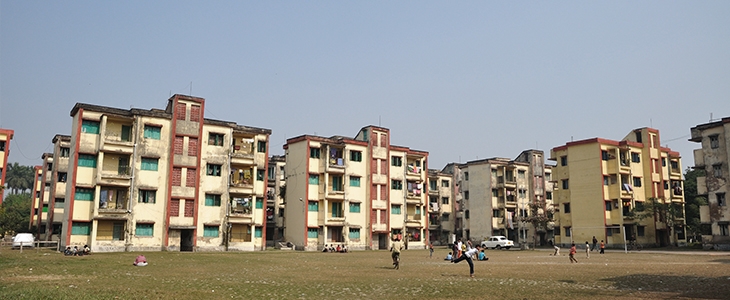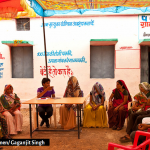
The ‘Avoiding Accountability’ Series – A Case Study of Public Housing in Karnataka
1 January 1970
In his series, T.R Raghunandan, author of Raghu Bytes (a collection of blogs on bureaucracy, governance and accountability) unpacks the successes and failures of accountability measures in the public housing sector in India. He does this by investigating how housing policies are designed, passed on and finally reach the beneficiary.
In his first blog, The Public Housing Sector – A Case Study of Karnataka, Raghu takes off the series by setting the context of public housing in Karnataka and the existing housing demands in the state. Further, he describes the subtle politics involved in decision-making for housing programmes and its impact on the programme itself.
The second blog, Beneficiary Selection for Housing Programmes, describes the actual process of beneficiary selection and the various powers at play at the local and state levels.
Rural Housing Wars in Karnataka; the Empire Strikes Back and Gets Shot Down, talks about the battle between Members of Legislative Assemblies (MLAs) and local governments in deciding the scale and character of who should benefit from the programme.
This conversation continues in the next blog, Frontal Assault Turns to Stealth: MLAs Sneak Back, building on how politics intrudes the intentions and implementation of the programme. It also speaks on the counter actions that emerged as a result, enabling a more participatory model of implementation.
The next blog, Law, Technology and Tensions, brings to light measures of accountability put in place, especially with new technology mediums. He offers the mixed impact this has had on the governance of the programme and the potential it could serve.
In his final blog, Saturation and Collaborative Construction; A Way Out of the Conundrum, Raghu brings the story to its finality by sharing learnings on the entire exchange between and within government that eventually led to way in which this programme was delivered at the last mile. He further presents the challenges to expect for this programme bringing the series to a close.
The series serves as an example of prominent factors that influence the delivery of public programmes (including the power play inherent in its application) as well as gives insight on the importance of participation, efficiency and accountability for publically run welfare programmes in the country.





